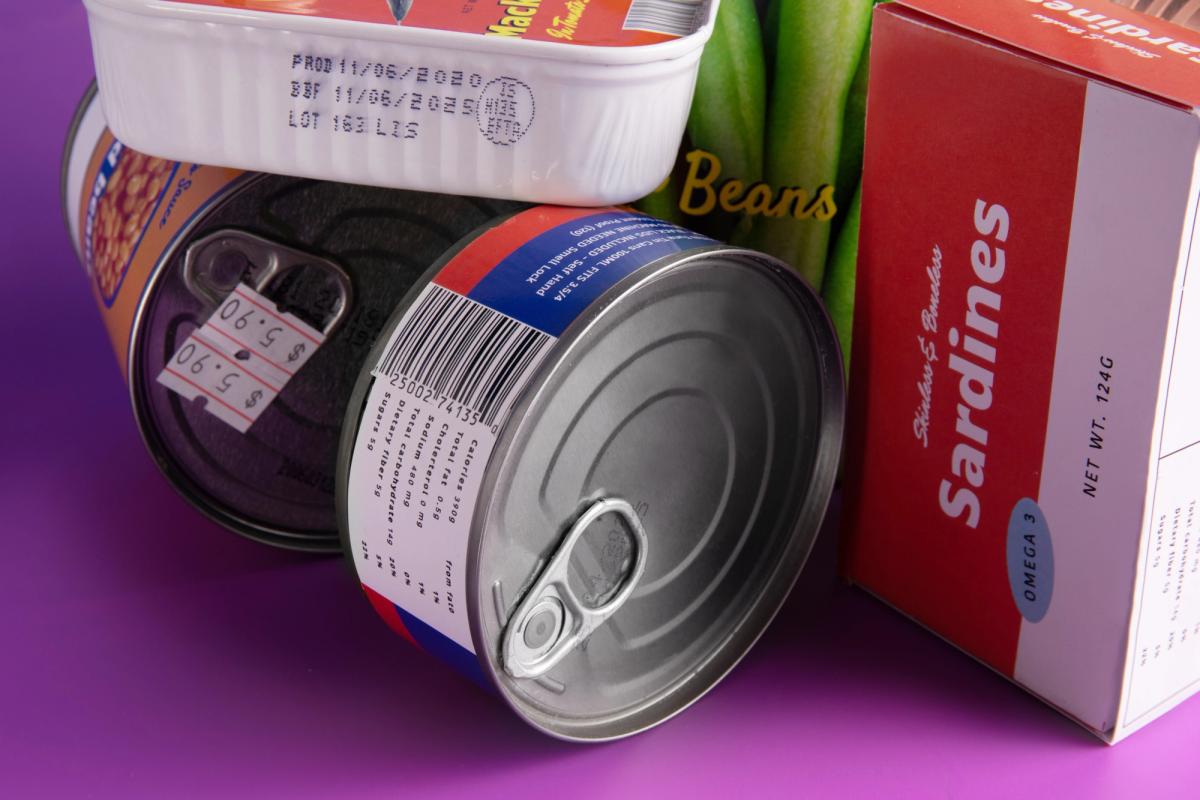Sabine Goodwin, Coordinator, Independent Food Aid Network
9 years of austerity, more food banks than McDonalds branches, 10% of UK households living with food insecurity but now more poverty could be on its way. Post-election result, there’s been a huge public response to an unavoidable truth – food banks need our help. But how is it best to donate to food banks?
Food banking has been a reality in North America for decades but for every food collection and every donated tin, food insecurity has not diminished. The number of emergency food parcels given out by the Trussell Trust in the UK increased by 19% to 1.6 million at its last yearly count. Data collated in Scotland from independent food banks almost doubled previous Trussell Trust figures – extrapolated, these figures put the total at approximately 3 million emergency food parcels for both independent and Trussell Trust sectors for April 2018 to March 2019. We already know that giving someone a food parcel can alleviate food poverty but will never solve it. Policy changes addressing the root causes of the poverty driving food bank use are the only long-term solutions.
While destitution and poverty exist in the here and now, it’s critical to support food banks and each and every donation is very much appreciated. But there are also ways that donations can be made to both improve the present situation and to eventually see the need for food banks eradicated.
And there are thousands more food aid providers across the country supporting people on no or little income which don’t operate as food banks.
It may well be that local food banks have specific needs for certain items. Often a food bank will advertise missing items on their website but some independent food banks prefer cash donations which enables their teams to buy fresh food including fruit and vegetables which can’t be easily stored, food for special dietary requirements and culturally appropriate food. What’s more, donating this way means food banks don’t have to find ways of storing food and can keep this funding for the summer months when donations tend to dwindle.
Some people might think about donating food via supermarkets but there is concern that questions need to be asked about the motivation of businesses here. Many supermarkets do not pay a Real Living Wage and it’s evident from research across both the Trussell Trust and independent sectors that in-work poverty is on the rise.
And if they possibly can, we would urge donors to also write a letter to their newly elected MP for every donation they make. It’s so important to let our representatives know that the root causes of poverty driving food bank use urgently need to be addressed – low wages, housing costs, zero-hour contracts, the benefits freeze, the 2-child limit, Universal Credit waiting time are examples. The realisation of the Right to Food within UK legislation would be a critical step in the right direction – Everyone has the right to be able to afford healthy and nutritious food and a legal framework could ensure this happens.
We have to accept that emergency food parcels are needed now but let’s not ever accept they are inevitable in our society.
The Independent Food Aid Network connects, represents and supports independent food aid providers including independent food banks across the UK and advocates on their behalf at a national level. Our members do not pay a membership fee. Our vision is of a country that doesn’t need emergency food aid and in which good food is accessible to all.
Where next?
Follow our work
One timely email each quarter and we'll never share your details
Find out more about our privacy policy

